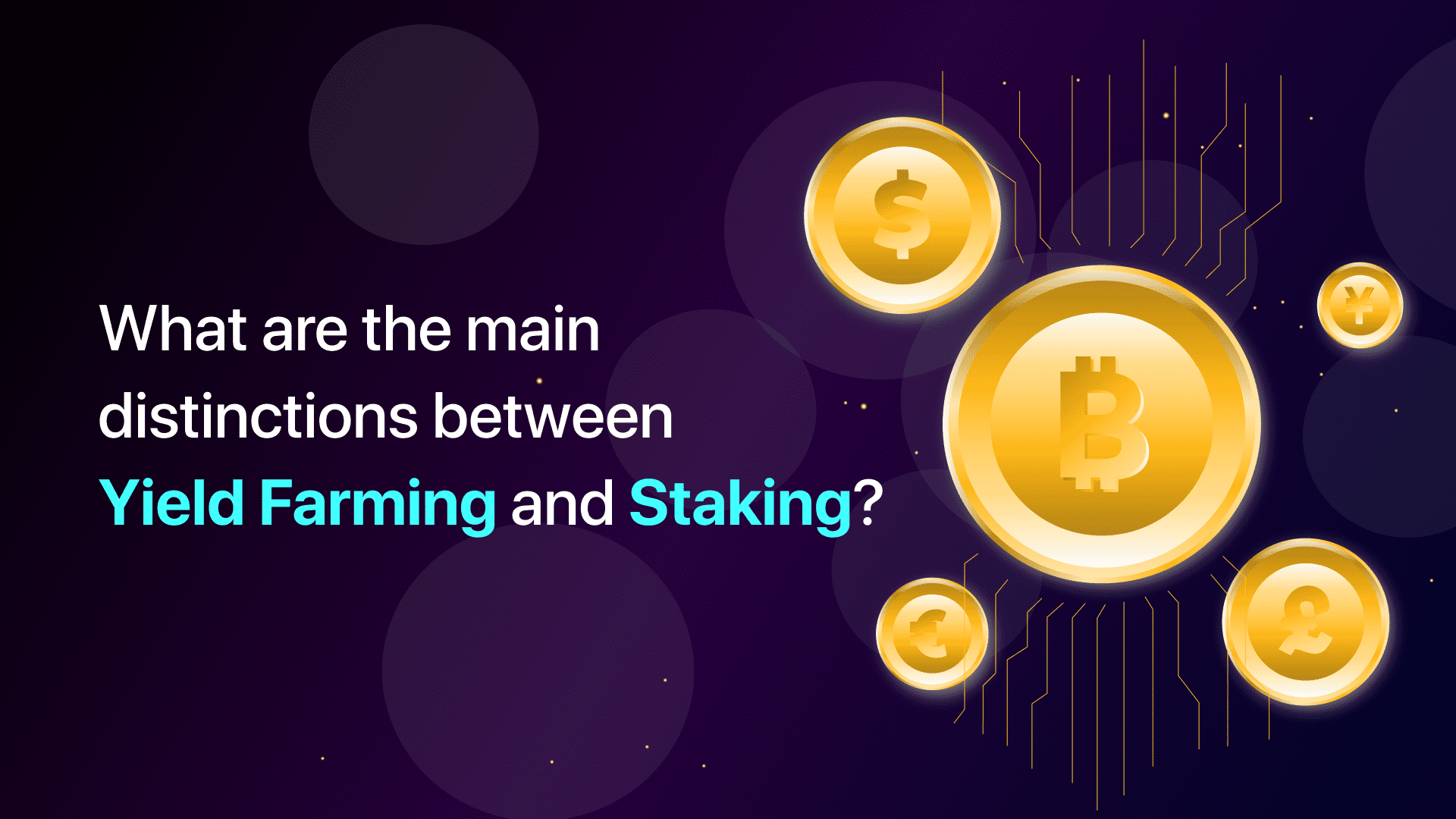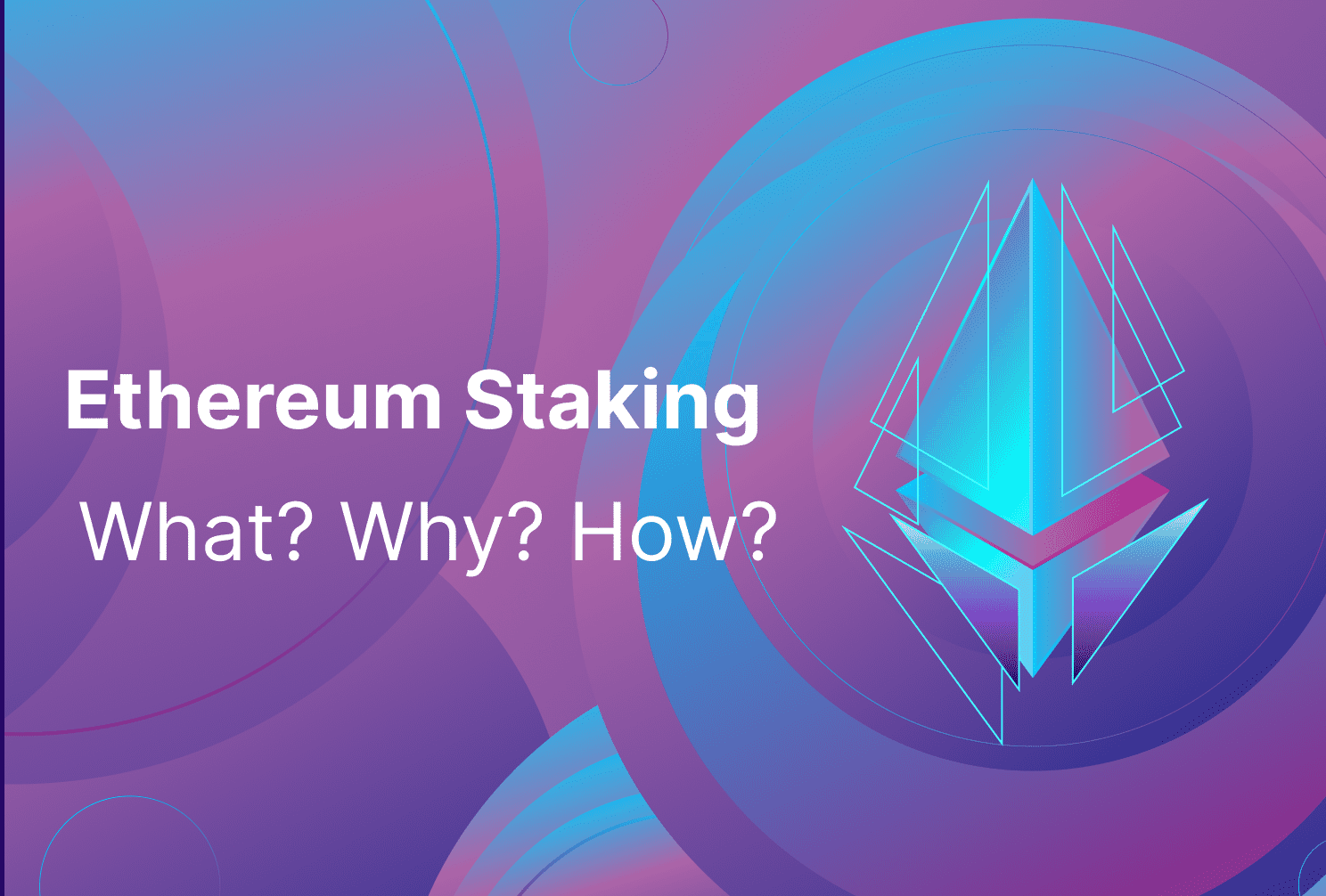What are the main distinctions between Yield Farming and Staking?
Yield farming and staking have become popular buzzwords in the world of cryptocurrency. Both of these strategies are used by investors to earn passive income, but they work in different ways. In this article, we’ll take a closer look at yield farming and staking, and highlight the key differences between the two.
What is Yield Farming?
Yield farming, also known as liquidity mining, is a process where investors provide liquidity to decentralized finance (DeFi) protocols and earn rewards in return. Investors can lend or stake their cryptocurrencies and earn rewards in the form of new tokens. These rewards are typically higher than what traditional banks offer, and yield farming has become a popular way for investors to earn passive income.
What is Staking?
Staking is a process where investors hold their cryptocurrencies in a wallet and help to validate transactions on a blockchain network. In exchange for their services, investors earn rewards in the form of new tokens. Staking is often used to secure proof-of-stake (PoS) blockchain networks, where validators are required to stake a certain amount of cryptocurrency to participate in the network.
Key Differences between Yield Farming and Staking
- Risk: Yield farming is a high-risk strategy because investors are exposed to market fluctuations and smart contract risks. Staking, on the other hand, is considered a lower risk strategy because investors are not exposed to market fluctuations.
- Rewards: Yield farming offers higher rewards compared to staking because investors can earn new tokens in addition to the interest generated by lending or staking their cryptocurrencies. Staking rewards are typically lower than yield farming rewards.
- Liquidity: Yield farming requires investors to provide liquidity to DeFi protocols, which means that their assets are locked up for a certain period. Staking, on the other hand, allows investors to withdraw their assets at any time.
Conclusion: Both yield farming and staking are popular strategies for investors looking to earn passive income in the cryptocurrency market. While yield farming offers higher rewards, it is also riskier compared to staking. Staking, on the other hand, is a lower risk strategy that allows investors to withdraw their assets at any time. Understanding the key differences between these strategies is crucial for investors looking to make informed decisions in the cryptocurrency market.
Read more articles on our blog https://blog.wallmer.com/



